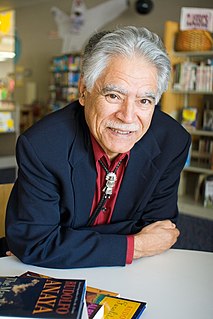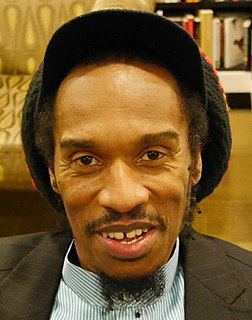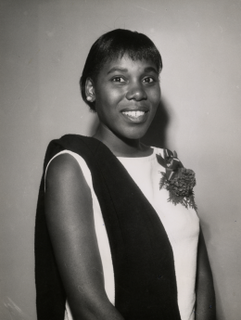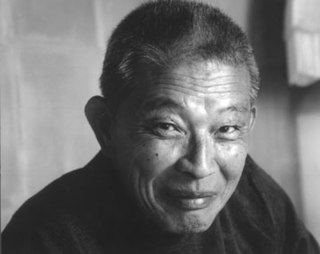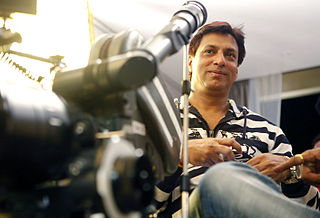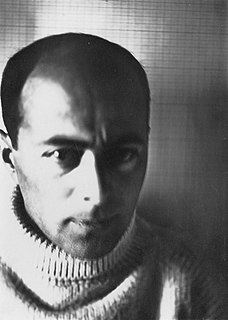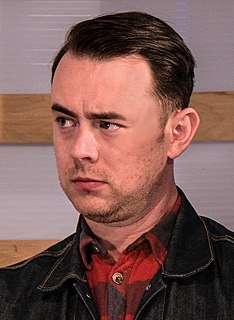A Quote by Rudolfo Anaya
I've always used the technique of the cuento. I am an oral storyteller, but now I do it on the printed page. I think if we were very wise we would use that same tradition in video cassettes, in movies, and on radio.
Related Quotes
My father was an electrical contractor, while I used to deliver video cassettes on a cycle to people in Juhu and Bandra, including celebrities like Mithun Chakraborty. Mithunda remembers me and is very proud of me. He can't believe that the guy who used to come to his house in short pants has become so successful.
I think my criticism of the Pentecostal tradition that I heard with my sister's church was that it wasn't always audible. You couldn't quite figure out what was going on. And then, the people would very often do what they call speaking in tongues and I didn't know what they were saying. My father used to always say that if it can't be understood, then it's not the good news or not the gospel.
Though now we think of fairy tales as stories intended for very young children, this is a relatively modern idea. In the oral tradition, magical stories were enjoyed by listeners young and old alike, while literary fairy tales (including most of the tales that are best known today) were published primarily for adult readers until the 19th century.
Printed prose is historically a most peculiar, almost an aberrant way of telling stories, and by far the most inherently anesthetic: It is the only medium of art I can think of which appeals directly to none of our five senses. The oral and folk tradition in narrative made use of verse or live-voice dynamics, embellished by gesture and expression--a kind of rudimentary theater--as do the best raconteurs of all times. Commonly there was musical accompaniment as well: a kind of one-man theater-of-mixed-means.
